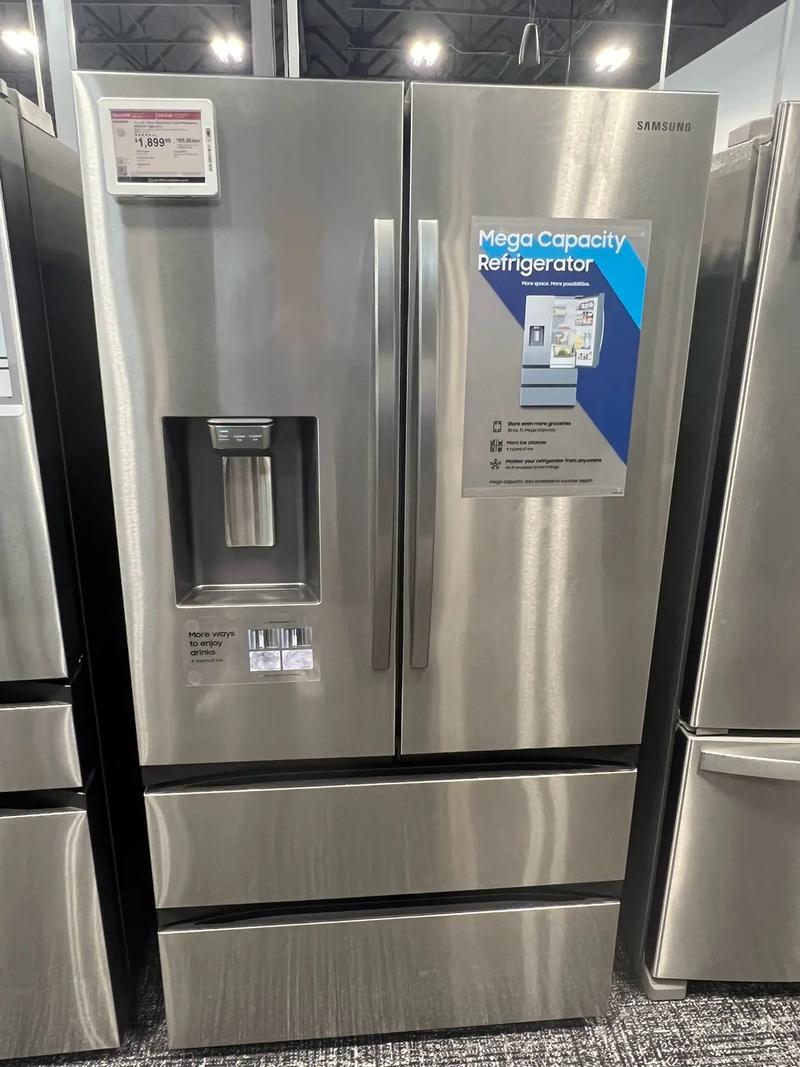
Best Way to Store ETH: A Comprehensive Guide
Storing Ethereum (ETH) securely is crucial for anyone looking to invest or trade in this popular cryptocurrency. With numerous options available, choosing the best way to store your ETH can be overwhelming. In this detailed guide, we will explore various storage methods, their pros and cons, and help you make an informed decision.
Understanding Ethereum Storage Options
Before diving into the specifics, it’s essential to understand the different types of storage options available for ETH:

- Hot Wallets: These are online wallets that allow you to access your ETH quickly. They are convenient but more susceptible to hacking and theft.
- Cold Wallets: These are offline wallets that provide a higher level of security. They are less convenient but offer better protection against online threats.
- Hardware Wallets: These are physical devices designed specifically for storing cryptocurrencies. They offer the highest level of security but can be more expensive and less accessible.
Hot Wallets: Convenience vs. Security
Hot wallets are the most popular choice for storing ETH due to their ease of use. Here are some of the most widely used hot wallets:
| Wallet Name | Platform | Security Features | Pros | Cons |
|---|---|---|---|---|
| MetaMask | Web | Multi-factor authentication, backup phrase | Easy to use, integrates with dApps | Not as secure as cold wallets |
| MyEtherWallet | Web | Multi-factor authentication, backup phrase | Free, open-source | Not as secure as cold wallets |
| Exodus | Desktop, Mobile | Multi-factor authentication, backup phrase | Easy to use, supports multiple cryptocurrencies | Not as secure as cold wallets |
While hot wallets offer convenience, it’s crucial to take extra precautions, such as enabling two-factor authentication and using strong passwords, to protect your ETH from potential threats.
Cold Wallets: Security at a Cost
Cold wallets are a popular choice for those who prioritize security over convenience. Here are some of the most widely used cold wallets:
| Wallet Name | Platform | Security Features | Pros | Cons |
|---|---|---|---|---|
| Trezor Model T | Hardware | Multi-factor authentication, passphrase protection | Highly secure, supports multiple cryptocurrencies | Expensive, less accessible |
| Ledger Nano S | Hardware | Multi-factor authentication, passphrase protection | Highly secure, supports multiple cryptocurrencies | Expensive, less accessible |
| KeepKey | Hardware | Multi-factor authentication, passphrase protection | Highly secure, supports multiple cryptocurrencies | Expensive, less accessible |
Cold wallets offer the highest level of security, but they can be more expensive and less accessible than hot wallets. It’s essential to research and choose a reputable cold wallet provider to ensure the safety of your ETH.

Hardware Wallets: The Ultimate Security Solution
Hardware wallets are the most secure way to store ETH. These physical devices store your private keys offline, making them immune to online threats. Here are some of the most popular hardware wallets:




